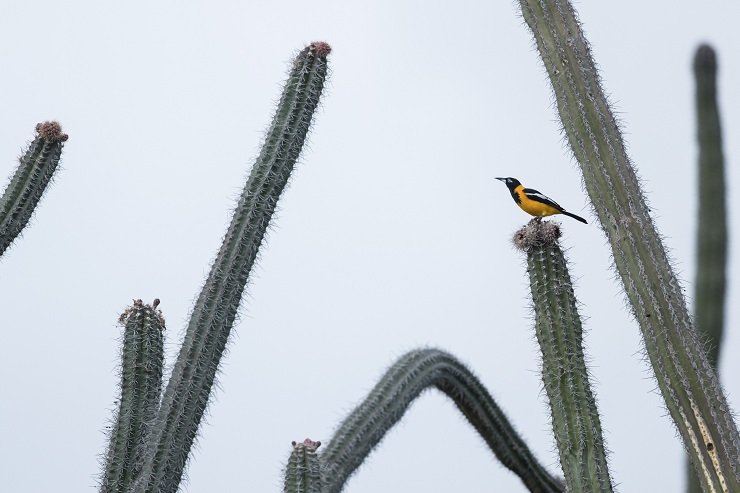
As birders, we’re all well aware of our brain whipping our body awake at some ungodly hour, no matter how tightly wrapped in the sheets we may be. Last year, I was on transit via Curaçao – twice on a single round trip. The first time, we booked our flights with a five hour daylight window (during which I had planned to do some serious birding before catching my next flight). On our return trip, we would arrive in Curaçao late one night to depart on a 10am flight the next morning. But we make plans to have them dashed, of course.
On our departure from Trinidad we experienced a five hour delay which not only dashed the chances of birding in Curaçao that day, but seriously jeopardized us catching two subsequent flights. Luckily, we managed – but only just – to arrive in Willemstad with enough time to run to the departure gate for our second flight. While relieved, part of me was a bit miffed at missing the birding opportunity. I knew at that point that I’d have to take a deep breath and bird hard on our return trip.
Two weeks later, we returned to Curaçao somewhere around 8pm. Disoriented from our transatlantic journey, we all had trouble sleeping (truth be told, we were simply too excited after eating some surprisingly amazing food from the airport hotel). I think I only managed to nod off just before midnight. Not before I set my alarm to rouse me before dawn!
Even though I had reset the clock on my phone, my body clock was still operating as if it were halfway around the world. Staggering out of bed, puzzled at how dark it still was, I double-checked when the sun was supposed to pop into the sky. I triple-checked. Mentally out-of-sorts, I stepped onto the private balcony and was immediately greeted by a stiff wind. As my eyes adjusted, I realized that there was no misjudging of time, merely a failure on my part to check the weather. Not that I would have a choice, of course. I only had an hour and a half to take a walk and see some birds.
It didn’t take long for me to realize that the stormy weather was not bluffing. The constant breeze brought a light rain as I tried to get a clear view of a pair of Brown-throated Parakeets through a thicket. Unfortunately, I was unsuccessful in that quest. I was wishing for some lifers – and I didn’t have to wait long. A couple Bare-eyed Pigeons hid in the bushes – but it was a pair of vivid Venezuelan Troupials in the open that caught my eye.

Venezuelan Troupial
I worked them for a few minutes, getting closer as they fed on cactus flowers. I believe they were introduced to Curaçao some years ago, but nevertheless a lifer for me.
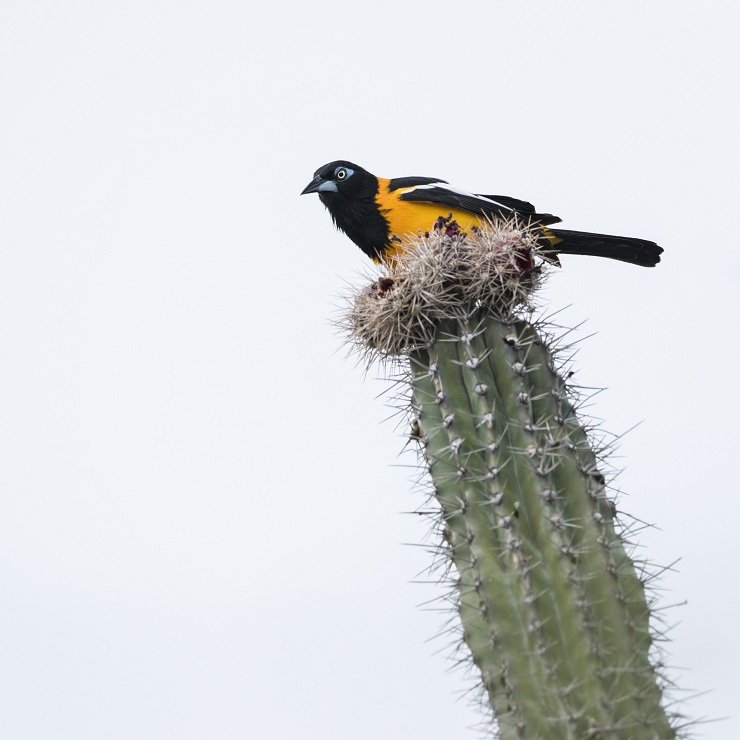
Venezuelan Troupial
Down a hill closer to the coast, a lone bird sat on a dead tree. The rain was getting closer, the wind was kicking up. I could feel the subtle drop in temperature. I had an American Kestrel in my viewfinder for the first time, so the choice was utterly straightforward.
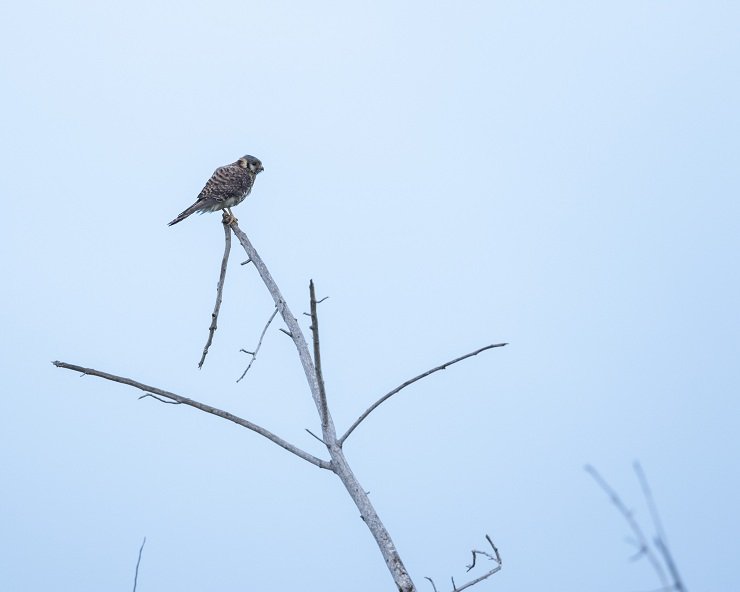
A common bird for many, surely – but this was only the second time I had ever seen an American Kestrel, and the first time I photographed it.
I persisted, got a little closer, and then retreated as the raindrops began to pummel my skin.
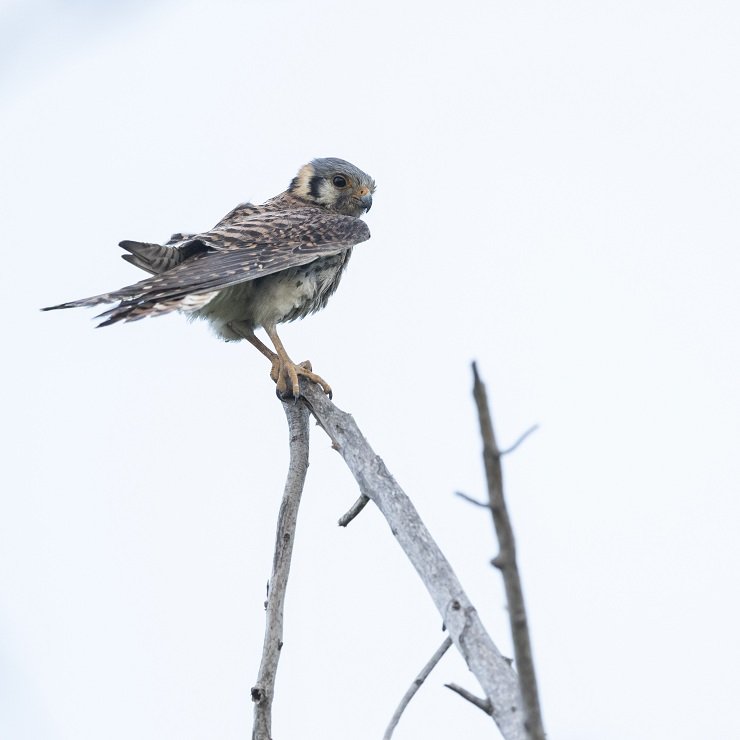
American Kestrel
Still on the lookout for anything avian, I managed to grab a Bananaquit before I returned to the shelter of our hotel room.
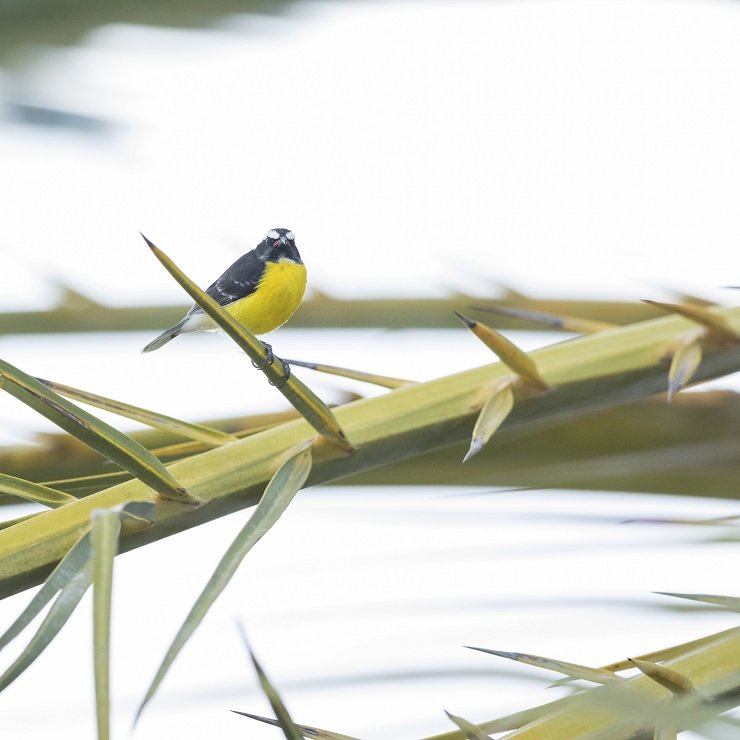
The Bananaquit is a single species with over 40 recognized subspecies, with considerable variation across their range.
Naturally, my camera was the last object to be packed away. Suitcases were already upright and wheeled to the door and I was still on the balcony, scanning the thrashing vegetation. Nearby trees bent under the relentless wind – through the branches I picked up a couple Common Ground Doves.
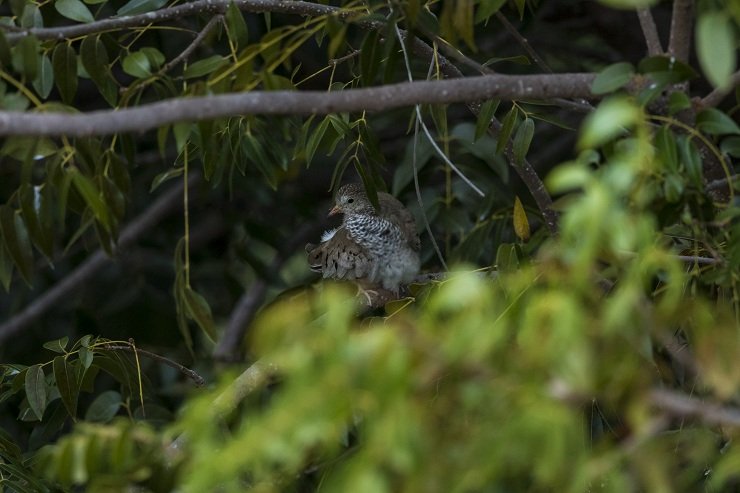
Common Ground Dove
I don’t think I did too badly for birding within the bounds of tiredness and adverse weather. Would you have done the same? Birds are always calling, and I tend to take it personally. As in – they are obviously calling me.


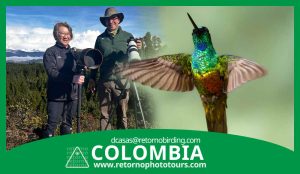


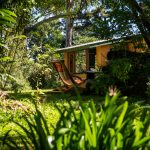
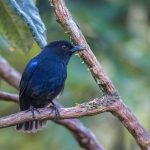
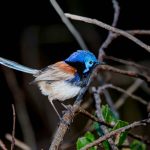
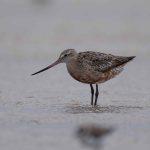
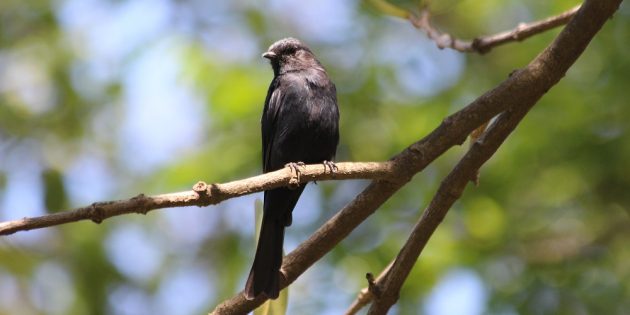

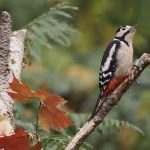
Leave a Comment